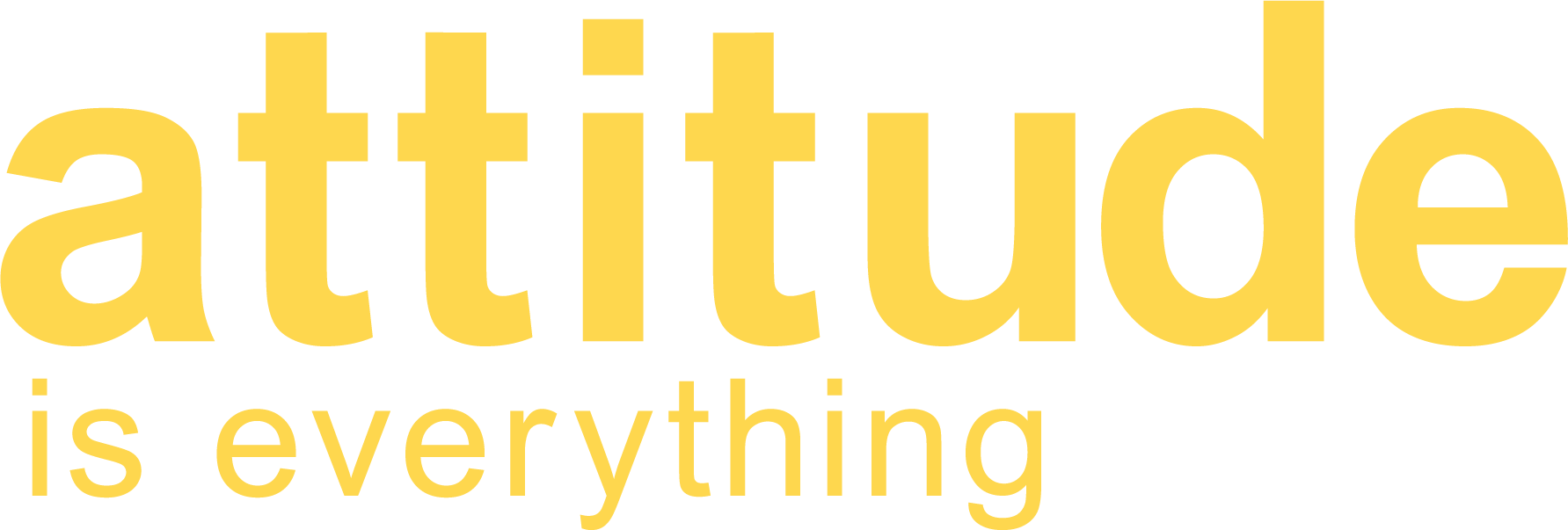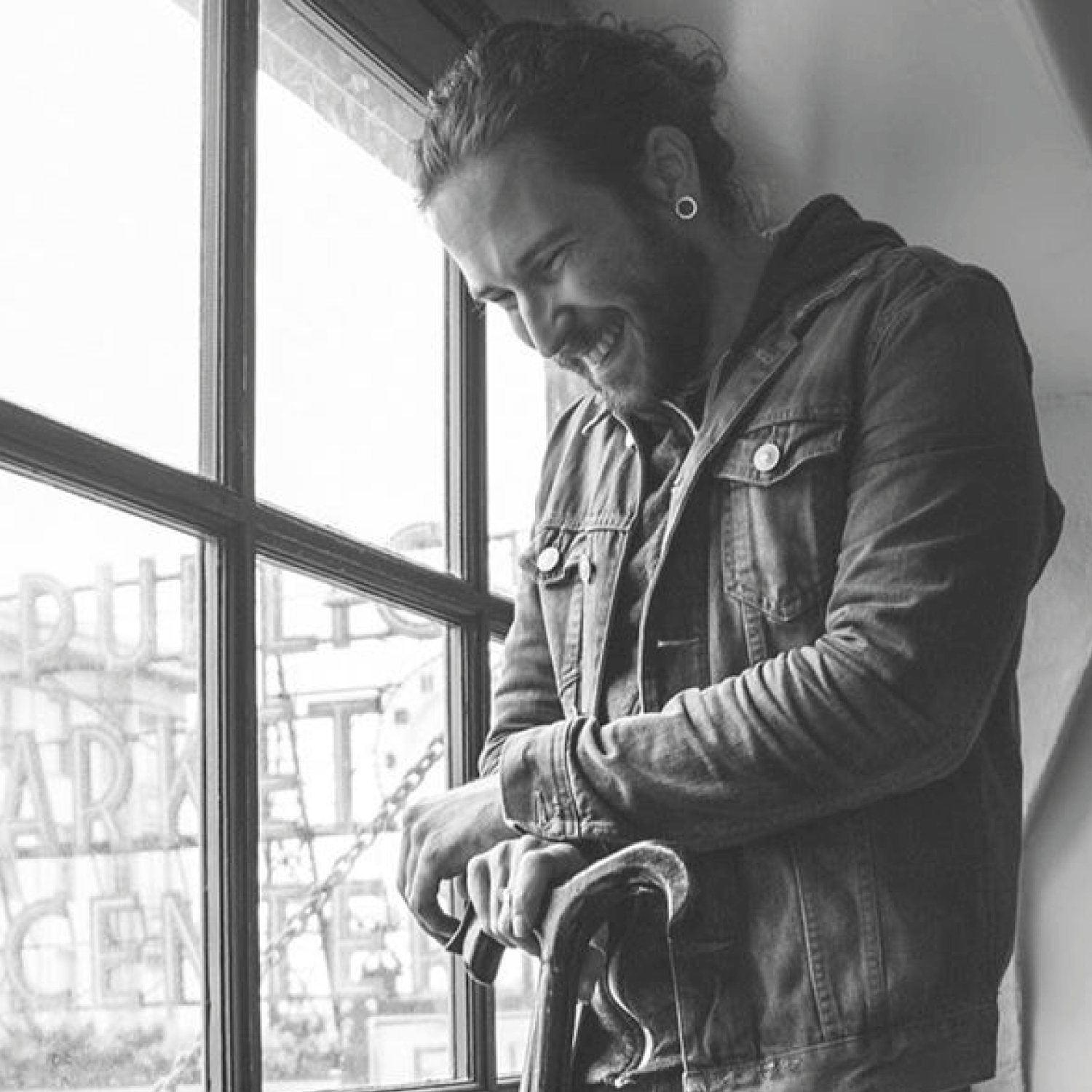Originally published: November 2020
First of all, please explain your role and what you do (or at least what you were doing outside of the current shutdown!)
Okay, so, I’m the editor of Soundsphere magazine, a platform that provides opportunities for young people within the creative industries, across the North of England. I’m also the founder of Wobbling About and Rocking Out, a platform promoting disability (or difference), and mental health awareness around the UK. I’m in a touring (until recently, anyway) grindcore band called The Parasitic Twins, and a studio-based post-punk project, called Mary and The Ram. Some of these projects make more money than others, but I love each of them equally. Oh, I’ve been working on my wrestling podcast, Gimme A Hull Yeah! over lockdown too, which has been loads of fun.
How did you start working in the music industry?
Following my MA at the University of Central Lancashire in Magazine Journalism, and after a series of internships, placements and jobs down in London for the likes of NME, Rock Sound, T3 and Metal Hammer, I started freelancing for some of the aforementioned, but also working in arts and culture journalism. After a while, I wanted to start something of my own to represent alternative culture in the North of England (areas like Leeds, Hull, Sheffield, Manchester and York). We got a bunch of funding, because I have Cerebral Palsy, and I was 24 when I started making money from it – I believe I very much ticked a few of the appropriate boxes at the time! Ha! Anyway, that was about ten years ago, and we’ve interviewed everyone from The 1975 and McBusted to Judas Priest and Rammstein, and worked everywhere from Chicago to Hungary and Serbia covering festivals. More importantly, I’ve trained other young people, who come from less supportive backgrounds than myself to do the same and go on to fulfilling careers in journalism and the arts, which is great because that’s the business model!
My interest in mental health, and the WARO (Wobbling About and Rocking Out) idea came after I’d moved back from the US, where I’d been working as a Journalist and Storyteller in Residence for the Martin Trust Center at MIT. I’d always wanted to work over in the US, I got a VISA and everything! But yeah, I was over there and I had some really interesting conversations about potential for the future, and more impactful and (perhaps) long-term business ideas, and WARO was born after I came back with a new vigour and excitement to create. Basically, it takes the model of Soundsphere with regards to working (principally) in the music industry (speaking to professionals like Blaine Harrison, or Eddy Temple-Morris), but also mental health, and encouraging musicians (and artists/creatives) to talk openly about their issues, and share stories that might inspire others.
Do you think there are ways in which having lived experience of an impairment or health condition helps you in your role?
Absolutely, I know it helped with funding in the beginning! In all seriousness though, since the beginnings of Soundsphere, it has opened up so many doors. I’ve even been to Europe working as speaker around disability and entrepreneurship, which is crazy! I get to work with universities across the country (Central Lancashire, Chester, Leeds Beckett, and York St John are some examples) talking about journalism, and what it’s like to be different, or have a disability in my profession which has been utterly wonderful. Soundsphere has given me everything I’ve ever dreamed of, and even though it’s been really difficult at times (wobbling around muddy festivals for interviews), and having to fight against certain preconceptions that people have, I think it’s given me more empathy for others in challenging situations which has in turn, I’d like to think, allowed me to become better at talking to people. To put it simply, being able to talk to Attitude is Everything is an incredible opportunity because I have so much respect for what you do. So, yeah I would say my condition has helped me to achieve a lot, and it’s brought awareness to the brand, and a lot of people have invested in me, because they believe in our goals and mission, which is awesome.
I think I’ve gone a really long way around answering that question! I think it does help me, absolutely. I like to think I’m breaking down some barriers around what people in journalism look like, and at the same time raising awareness. I hope so, anyway! I mean, a lot of the time people I’m interviewing love to chat to me about my work, how I got into it and what the challenges are.
What do you think the music industry could do to be more accessible to Deaf and disabled people who want to work in music?
Absolutely, more specifically in venues. As a drummer, I find it difficult to get on stages and behind a kit – sometimes I have to crawl on the stage, or lift myself on to it, because stages in smaller DIY venues aren’t that well equipped. But then I do tend to think that, if they’re not used to seeing that type of thing then how are they supposed to know how to deal with it? Again, my hope is that venues I’ve played in Asia, the UK or Europe will have seen me play, or on a much bigger level, someone like Blaine (who has obviously toured globally) or Gaelynn Lea and then they will have a think about how their venue is set out, and what that could mean for them in the long-term, especially as I am meeting, and mentoring new musicians with differences all the time!
So, yeah, in summary I think there should be a little bit more awareness with venues, but Attitude is Everything really is doing stellar work in that regard. It’s always about awareness, and I think the more people that are out there doing amazing stuff, the better things will be. There are certainly some incredible examples in arts and entertainment across the globe who are shattering expectations and changing perceptions all the time.
What advice would you give to other people with impairments or health conditions who want to get into the music industry?
Just do stuff that you love, and people will gravitate to you. With Soundsphere, I built something so that I could create opportunities for others, and so people paid attention. People that ignored me, or were nervous around me suddenly were interested, and that’s great. I’ve spent the better part of my life doing cool stuff, and doing stuff that I love, and because it was cool, I loved it. People thought it was cool, and got behind it. So in essence, be passionate about something, love it with all your heart, work out why other people might love it and then do it. Nobody will come to you at first, you have to send the e-mails, and invite people for coffee and then, eventually people will start doing the same to you. Oh, and no matter what happens or where you’re from, don’t be a dick. That’s like, the ultimate rule in the industry (in my experience), usually people will help you, if you help them.

